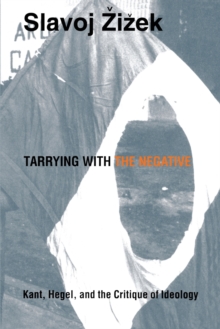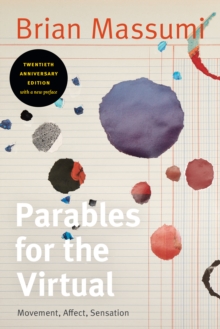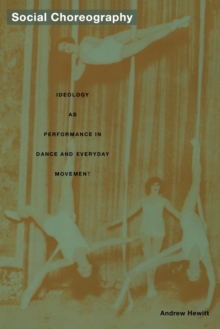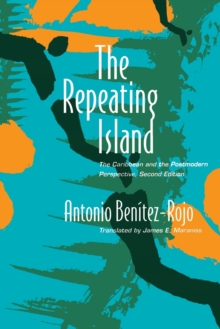
Postsocialism and Cultural Politics : China in the Last Decade of the Twentieth Century PDF
by Zhang Xudong Zhang
Part of the Post-Contemporary Interventions series
Description
Zhang examines the reactions of intellectuals, authors, and filmmakers to the cultural and political conflicts in China during the 1990s. He offers a nuanced assessment of the changing divisions and allegiances within the intellectual landscape, and he analyzes the postsocialist realism of the era through readings of Mo Yan's fiction and the films of Zhang Yimou. With Postsocialism and Cultural Politics, Zhang applies the same keen insight to China's long 1990s that he brought to bear on the 1980s in Chinese Modernism in the Era of Reforms.
Information
-
Download - Immediately Available
- Format:PDF
- Pages:358 pages
- Publisher:Duke University Press
- Publication Date:25/04/2008
- Category:
- ISBN:9780822388937
Information
-
Download - Immediately Available
- Format:PDF
- Pages:358 pages
- Publisher:Duke University Press
- Publication Date:25/04/2008
- Category:
- ISBN:9780822388937










